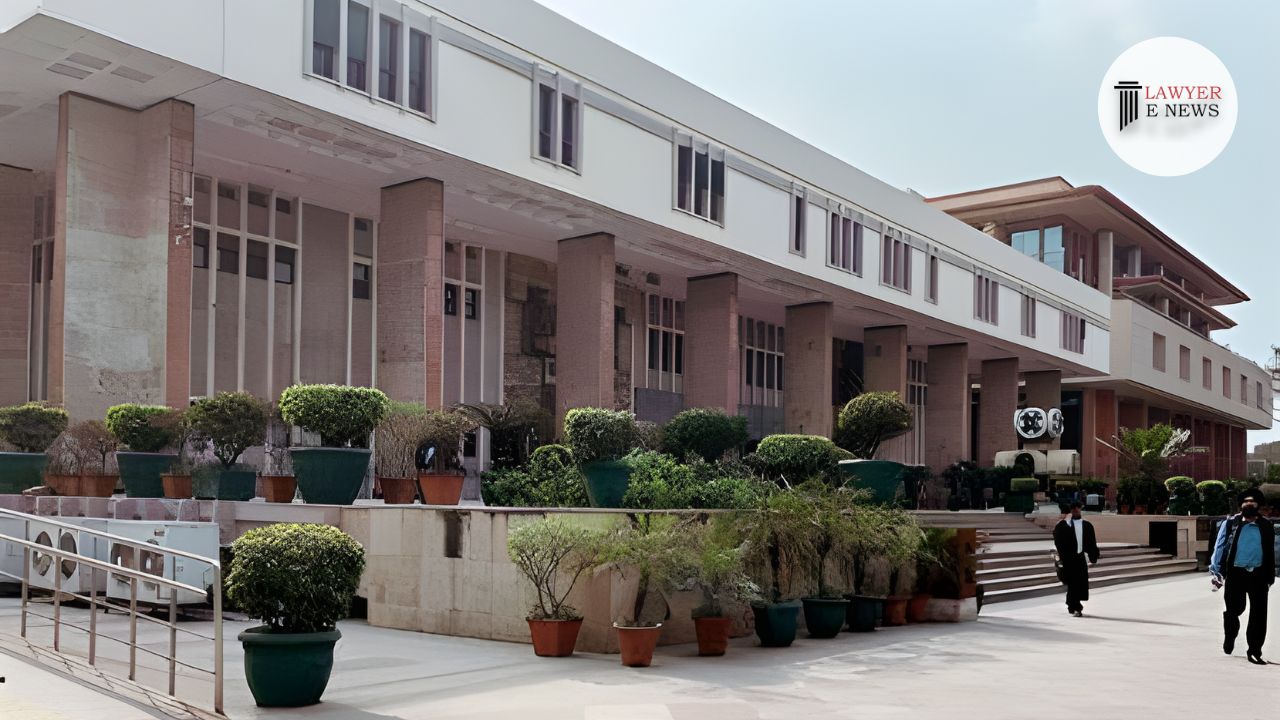-
by Admin
16 February 2026 1:47 PM



In a landmark judgment that could have far-reaching implications on the application of the Right to Information (RTI) Act, the Delhi High Court today ruled in favor of the Income Tax Act taking precedence over the RTI Act in matters of disclosing information related to assessees. The decision came in the case concerning the PM CARES Fund, where the High Court set aside an order of the Central Information Commission (CIC) directing the disclosure of information under the RTI Act.
Justice Subramonium Prasad, presiding over the case, emphasized the conflict between the two statutes, stating, “The IT Act, which is a special Act governing all the provisions and laws relating to income tax and super-tax in the country, will prevail over the RTI Act which is in the nature of a General Act.” This observation underscores the principle that special laws have an overriding effect over general laws in cases of conflict.
The Court observed that Section 138 of the Income Tax Act lays down specific procedures for the disclosure of information relating to a third party. It noted, “The satisfaction of Principal Chief Commissioner or Chief Commissioner or Principal Commissioner or Commissioner is, therefore, necessary before such information can be divulged.” This ruling clarifies that the authority designated under the Income Tax Act must be satisfied that it is in the public interest to divulge information about an assessee.
The judgment also addressed procedural lapses by the CIC, highlighting the failure to give notice to the PM CARES Fund as a third party, as mandated under Section 11 of the RTI Act. The Court’s decision to set aside the CIC’s order, as a result, was seen as a reinforcement of procedural compliance in matters of information disclosure.
Date of Decision: 22nd January, 2024
CPIO/DY. COMMISSIONER OF INCOME TAX HQ EXEMPTION, NEW DELHI VS GIRISH MITTAL
